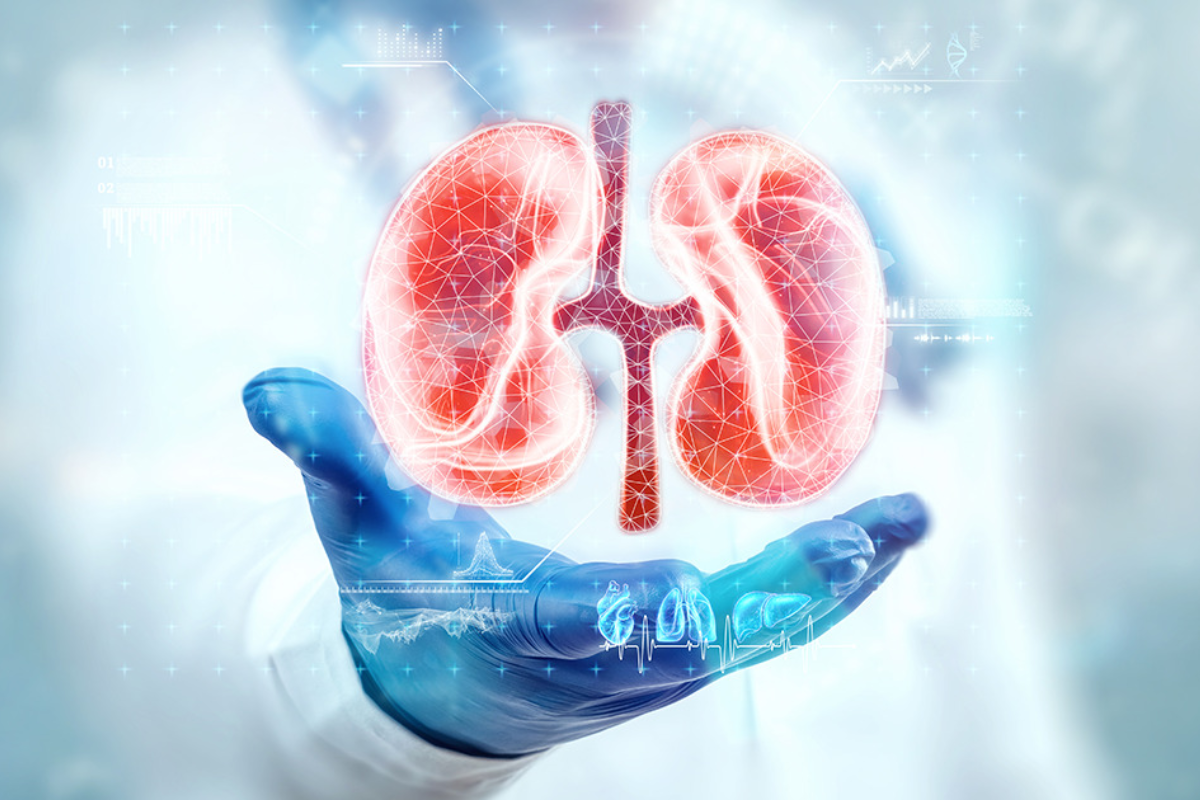BLOG

May 06,2025
Common Urology-related Problems you need know
Urological health is vital to overall well-being, yet many people overlook or misunderstand conditions affecting the urinary and reproductive systems. The urinary tract—comprising the kidneys, bladder, ureters, and urethra—plays a crucial role in eliminating waste and regulating bodily fluids. When problems arise in this system, they can lead to discomfort, infections, and severe health complications. Below are some prevalent urological conditions everyone should be aware of.
1. Urinary Tract Infections (UTIs)
UTIs occur when bacteria infiltrate the urinary tract, causing symptoms such as a burning sensation during urination, increased urgency, cloudy urine, and lower abdominal discomfort. Though more common in women, men can also experience UTIs. If untreated, these infections may travel to the kidneys, leading to more serious health risks. Preventive measures include proper hydration, maintaining good hygiene, and avoiding irritants like caffeine and alcohol. Doctors typically prescribe antibiotics and recommend increased fluid intake for treatment.
2. Kidney Stones
Kidney stones are solid mineral and salt deposits that form in the kidneys and can cause excruciating pain, nausea, and blood in the urine. Dehydration, poor diet, and genetic predisposition contribute to their formation. While smaller stones can pass naturally with sufficient hydration, larger stones may require medical interventions such as extracorporeal shock wave lithotripsy (ESWL) or surgical removal.
3. Benign Prostatic Hyperplasia (BPH)
Common in aging men, BPH refers to the non-cancerous enlargement of the prostate gland, which can press against the urethra and disrupt urination. Symptoms include frequent urination, weak urine flow, and incomplete bladder emptying. Medications like alpha-blockers and 5-alpha reductase inhibitors can alleviate symptoms, while severe cases may require minimally invasive surgery such as transurethral resection of the prostate (TURP).
4. Erectile Dysfunction (ED)
ED, the inability to maintain an erection sufficient for sexual activity, can stem from conditions like diabetes, high blood pressure, hormonal imbalances, or psychological factors such as stress and anxiety. Lifestyle changes, medications (such as phosphodiesterase inhibitors), and advanced therapies like penile implants or shockwave therapy can help manage the condition effectively.
5. Urinary Incontinence
Urinary incontinence, or the involuntary leakage of urine, affects both men and women. It can result from weakened pelvic floor muscles, nerve damage, infections, or neurological disorders. Stress incontinence occurs due to pressure from activities like coughing or laughing, while urge incontinence involves a sudden, intense need to urinate. Treatment options include pelvic exercises, medications, and surgical interventions.
6. Prostate Cancer
One of the most common cancers in men, prostate cancer often develops without symptoms in its early stages. Advanced stages may cause urinary difficulties, blood in the urine, and pelvic pain. Regular screenings, such as PSA (Prostate-Specific Antigen) tests and digital rectal exams, help in early detection. Treatment options vary based on the stage and include surgery, radiation therapy, hormone therapy, and chemotherapy.
7. Bladder Cancer
Bladder cancer typically presents with blood in the urine (hematuria), frequent urination, and pelvic discomfort. Risk factors include smoking, prolonged exposure to hazardous chemicals, and chronic bladder infections. Diagnosis involves urine analysis, cystoscopy, and imaging tests. Treatment may include surgery, chemotherapy, immunotherapy, or radiation therapy, depending on the cancer’s progression.
8. Male Infertility
Infertility in men is often linked to low sperm count, poor sperm quality, or obstructions in the reproductive tract. Causes include hormonal imbalances, infections, genetic factors, and lifestyle habits such as smoking and excessive alcohol consumption. Diagnosis typically involves semen analysis and hormone testing, while treatments range from medications and surgical procedures to assisted reproductive technologies like in vitro fertilization (IVF).
9. Overactive Bladder (OAB)
OAB is a condition that causes frequent and sudden urges to urinate, often leading to incontinence. Causes may include neurological disorders, bladder muscle dysfunction, or underlying medical conditions like diabetes. Treatment strategies include bladder training, dietary adjustments, medications, and in severe cases, Botox injections or nerve stimulation therapy.
10. Testicular Disorders
Various testicular conditions, including testicular torsion, varicocele, hydrocele, and testicular cancer, can impact reproductive health. Testicular torsion is a medical emergency requiring immediate treatment to restore blood flow. Varicocele, an enlargement of scrotal veins, may cause discomfort and fertility issues. Testicular cancer, though rare, is highly treatable when detected early. Regular self-examinations and medical check-ups are crucial for early diagnosis and treatment.
Conclusion
Maintaining urological health is essential for a good quality of life. Early detection and timely medical intervention can prevent complications and improve overall well-being. If you experience persistent urinary or reproductive issues, consulting a urologist is vital. Preventive steps, such as staying hydrated, eating a balanced diet, avoiding smoking, and maintaining an active lifestyle, can significantly reduce the risk of urological conditions. For expert diagnosis and personalized care, visit Dr. Karthikeyan to ensure optimal urological health and well-being.
Copyright © . Karthikeyan V S. All Rights Reserved.
Powered By: Cortex Media Marketing Pvt Ltd


